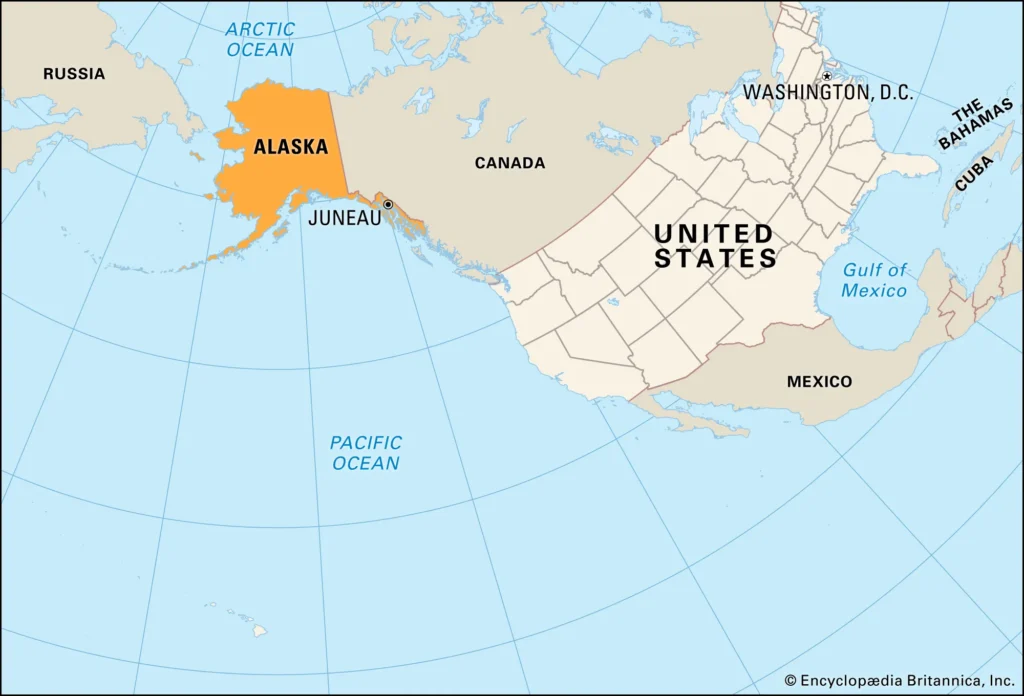Alaska Governor Mike Dunleavy has proposed a parental rights bill that would require written permission from a parent when a child asks to change their name or pronoun at school. He also proposed cash payments for teachers to address recruitment and retention concerns. However, the parental rights measure has been criticized as divisive and a distraction from more pressing issues such as school funding and teacher retention.
The proposed bill includes several elements, such as prohibiting teacher sex education before fourth grade, requiring written parental permission for children to participate in sex education after fourth grade, and mandating that students use locker rooms and restrooms based on their “biological sex” or providing single-occupant facilities.
Governor Dunleavy believes that parents should have the final say in their children’s education, particularly when it comes to sensitive topics such as teacher sex education. He stated that there should never be a case where a child comes home from school with discussions about sensitive issues that may go against a parent’s values. However, members of the Anchorage School Board argue that the proposal goes against the existing district policy that allows students to determine their names and pronouns without parental involvement and use facilities that align with their gender identity.
In addition to the parental rights bill, Governor Dunleavy has also proposed teacher bonuses as a way to attract and retain quality educators. The bonuses would range from $5,000 per teacher in urban districts to $15,000 in most rural districts, distributed once a year for the next three years. While some lawmakers believe that the bonuses could reduce the urgency for a school funding increase, others argue that the problem is more extensive and requires a broader solution.
Tom Klaameyer, the president of NEA-Alaska, a major teachers union, stated that while teacher recruitment and retention is a problem, it is not the only one. The state also faces recruitment and retention problems for bus drivers, superintendents, principals, administrators, clerical staff, classroom aides, and nutrition specialists. He believes that increasing the school funding formula is the solution to these issues.
The proposed parental rights bill has been met with mixed reactions. House Education Committee Co-Chair Jamie Allard, a Republican, called Governor Dunleavy’s education proposals “outstanding.” However, the Democratic chair of the Senate Education Committee and members of the House’s largely Democratic minority argue that the parental rights measure is divisive and detracts from more pressing issues such as school funding.
In conclusion, Governor Dunleavy’s proposed parental rights bill and teacher bonuses have sparked controversy in Alaska. While some support the parental rights measure as a way to give parents more control over their children’s education, others argue that it is a distraction from more pressing issues. Similarly, while teacher bonuses may be a way to attract and retain quality educators, they do not address the broader problem of recruitment and retention of other school staff. The state must address these challenges comprehensively to ensure that Alaska’s education system can deliver quality education to all students.



